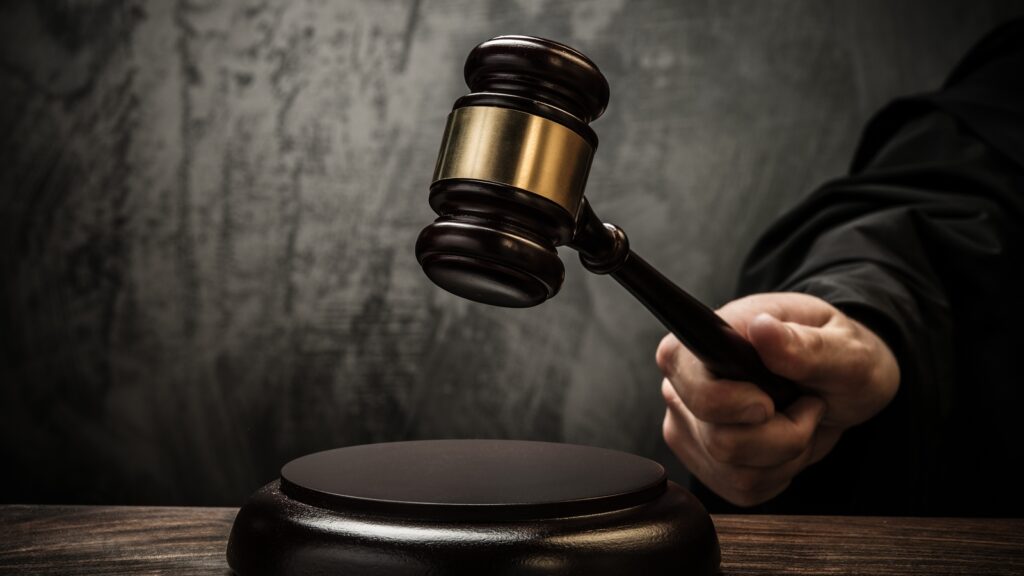
Courts Stress to maintain balance between Free Speech and Religious Sensibilities
Last Updated on September 16, 2023 by News Desk
Written by: Srijan Raj
The Madras High Court has decided that among Hinduism’s everlasting obligations are responsibilities to the country, the King, parents, Gurus, and the underprivileged. The court noted the heated discussions surrounding Sanatana Dharma and voiced worry about the current state of affairs. Furthermore, it stipulated that free speech on religious topics must refrain from being hate speech and guarantee no harm is done to anyone. The ensuing discussion truly concerned Justice N. Seshasayee.
The Supreme Court of India has ruled that Sanadhana Dharma, a Hindu philosophy, does not promote casteism or untouchability. The court stated that untouchability is a fundamental right and cannot be tolerated in a country of equal citizens. It also stated that it is the duty of every citizen to abide by the Constitution and respect its ideals and institutions.
The court heard a petition challenging a circular issued by a local government college asking girl students to share their thoughts on the topic ‘Opposition to Sanadhana’ on the birth anniversary of former Tamil Nadu Chief Minister and DMK founder CN Annadurai. The court disposed of the plea and noted that the circular had already been withdrawn by the college.
The court acknowledged that every citizen has a fundamental right to free speech under Article 19(1)(a) of the Constitution. However, it stressed that free speech should not be hate speech and should not be used as hate speech. The court also noted that Article 25 grants all citizens the fundamental right to practise any religion, but it is essential to ensure that no one is injured when exercising free speech in matters pertaining to religion.
The court emphasised that in order to advance society, free speech must not be hate speech and should promote objective, constructive public discourse. Additionally, it was observed that free speech expressed on social media could not always be inclusive and that it is crucial for free speech to promote objective and constructive public discourse.
The court, at last, emphasised that every citizen must uphold the Constitution’s principles and ideals in order to maintain their citizenship.




